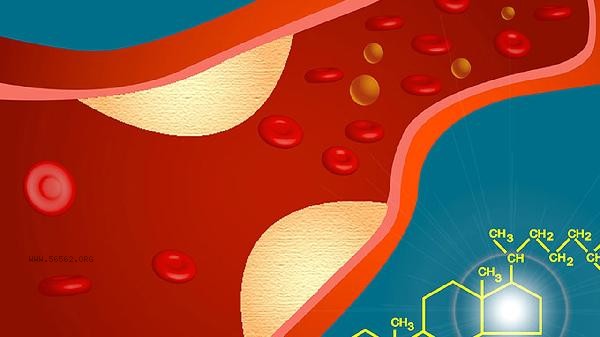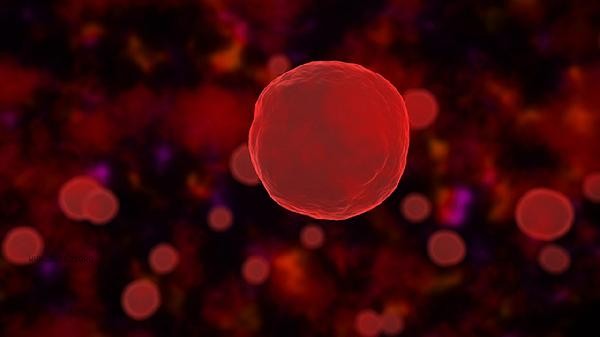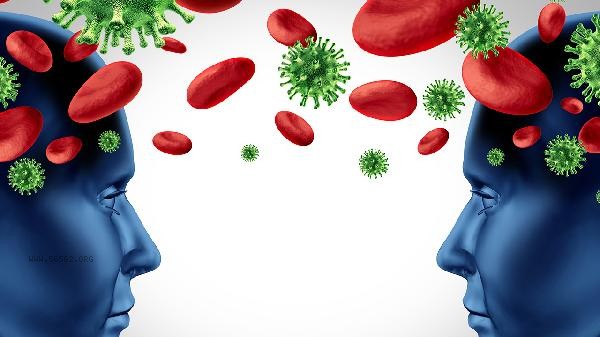Low hematocrit may be caused by iron deficiency anemia, vitamin deficiency, chronic inflammation, bone marrow hematopoietic dysfunction, hemolytic anemia, and other reasons.
1. Iron deficiency anemia:

Iron is an essential raw material for hemoglobin synthesis. Long term insufficient iron intake, gastrointestinal bleeding, or excessive menstruation in women can lead to depletion of iron reserves in the body, obstruction of hemoglobin synthesis, and reduction in red blood cell volume and quantity. Typical symptoms include fatigue, brittle nails, and pica, which can be diagnosed through serum ferritin testing.
2. Vitamin deficiency:
Vitamin B12 and folate are involved in red blood cell DNA synthesis. Long term vegetarianism, post gastrectomy or intestinal absorption disorders can lead to megaloblastic anemia, with increased red blood cell volume but impaired maturation. Accompanied by glossitis and limb numbness, serum vitamin levels need to be tested.
3. Chronic inflammation:

Rheumatoid arthritis, tuberculosis and other chronic diseases will promote the liver to secrete calmodulin and inhibit the release of iron. This functional iron deficiency state leads to reduced red blood cell production, manifested as persistent low-grade fever and elevated C-reactive protein, requiring treatment of the primary disease.
4. Bone marrow suppression:
Radiation exposure, benzene poisoning, or chemotherapy drugs can damage bone marrow hematopoietic stem cells. A decrease in whole blood cells accompanied by a decrease in reticulocyte count is a characteristic manifestation, which may be accompanied by skin bruising and recurrent infections, and requires bone marrow puncture to determine the cause.
5. Hemolytic anemia:
Hereditary spherocytosis or autoimmune hemolysis can shorten the lifespan of red blood cells. Jaundice, splenomegaly, and darkened urine color are typical symptoms, which can be diagnosed by a decrease in globin levels and a positive direct anti human globulin test.

Daily intake of iron rich foods such as red meat and animal liver should be ensured, combined with citrus fruits to promote iron absorption. Long term vegetarians should supplement with vitamin B12, and chronic disease patients should regularly monitor their blood routine. Avoid excessive tea consumption that affects iron absorption, and replenish water promptly after vigorous exercise to prevent blood concentration. If you experience persistent dizziness or palpitations, it is recommended to undergo specialized examinations such as iron metabolism and bone marrow examination. Pregnant women and adolescents should pay special attention to balanced nutrition during their growth and development stages.









Comments (0)
Leave a Comment
No comments yet
Be the first to share your thoughts!